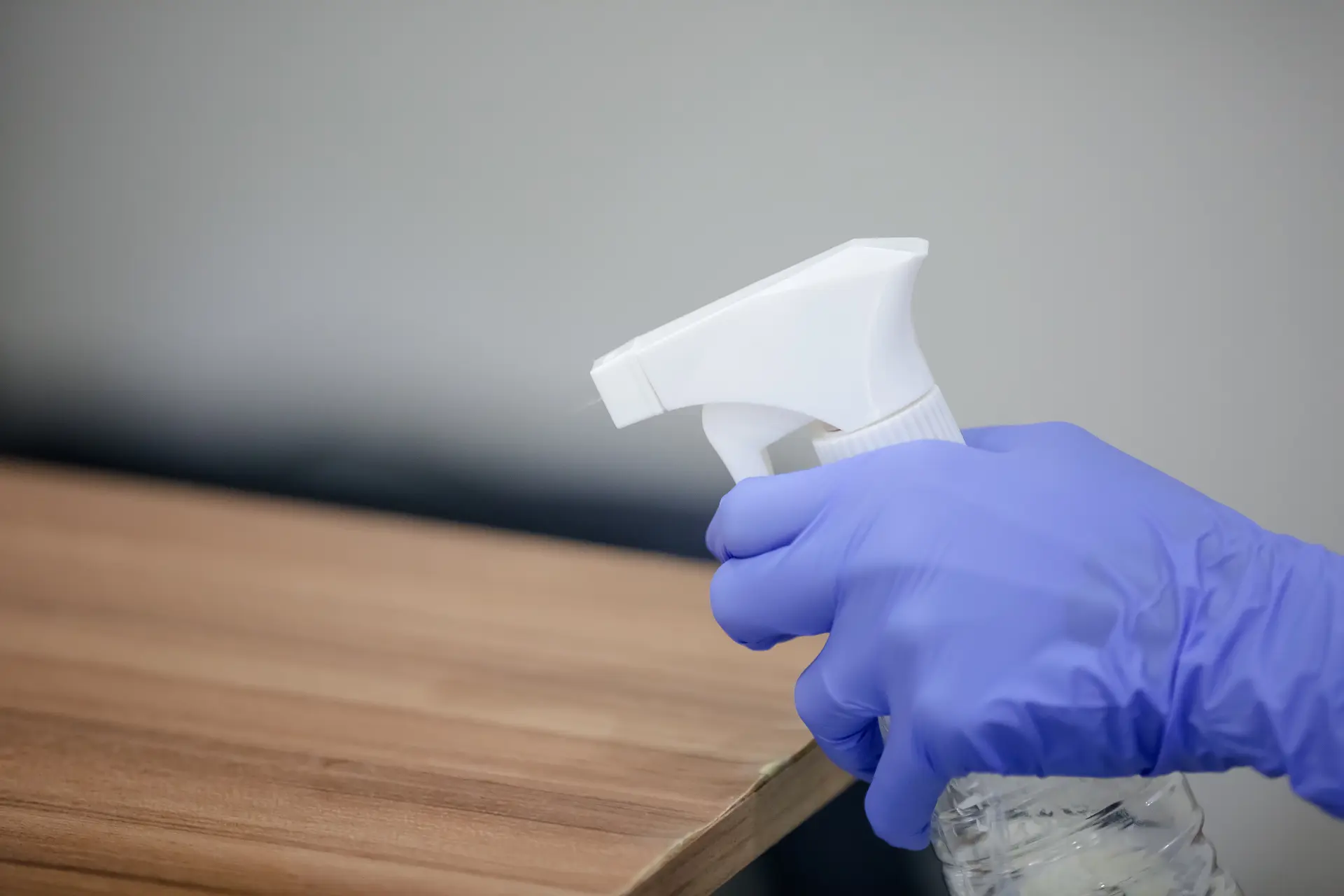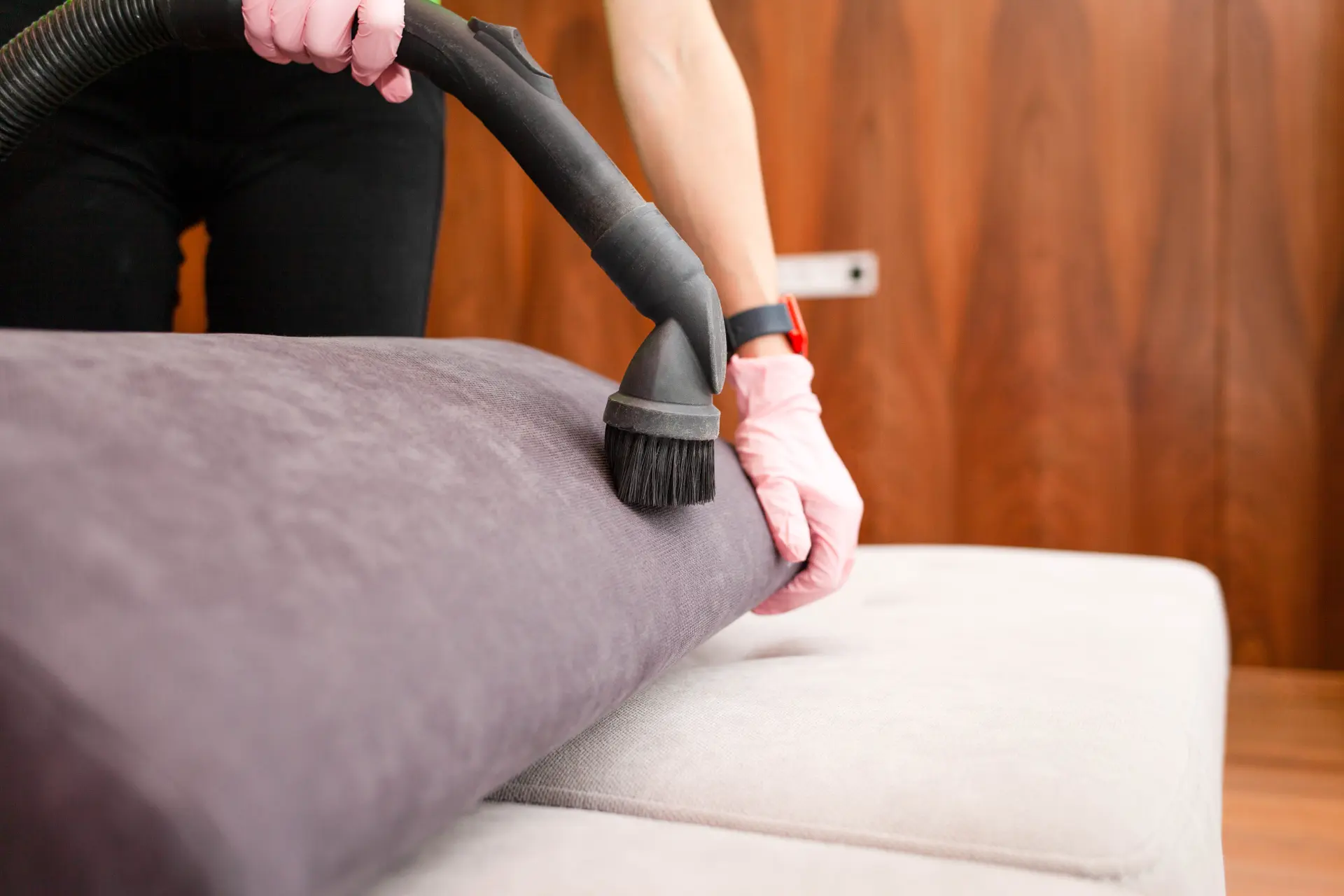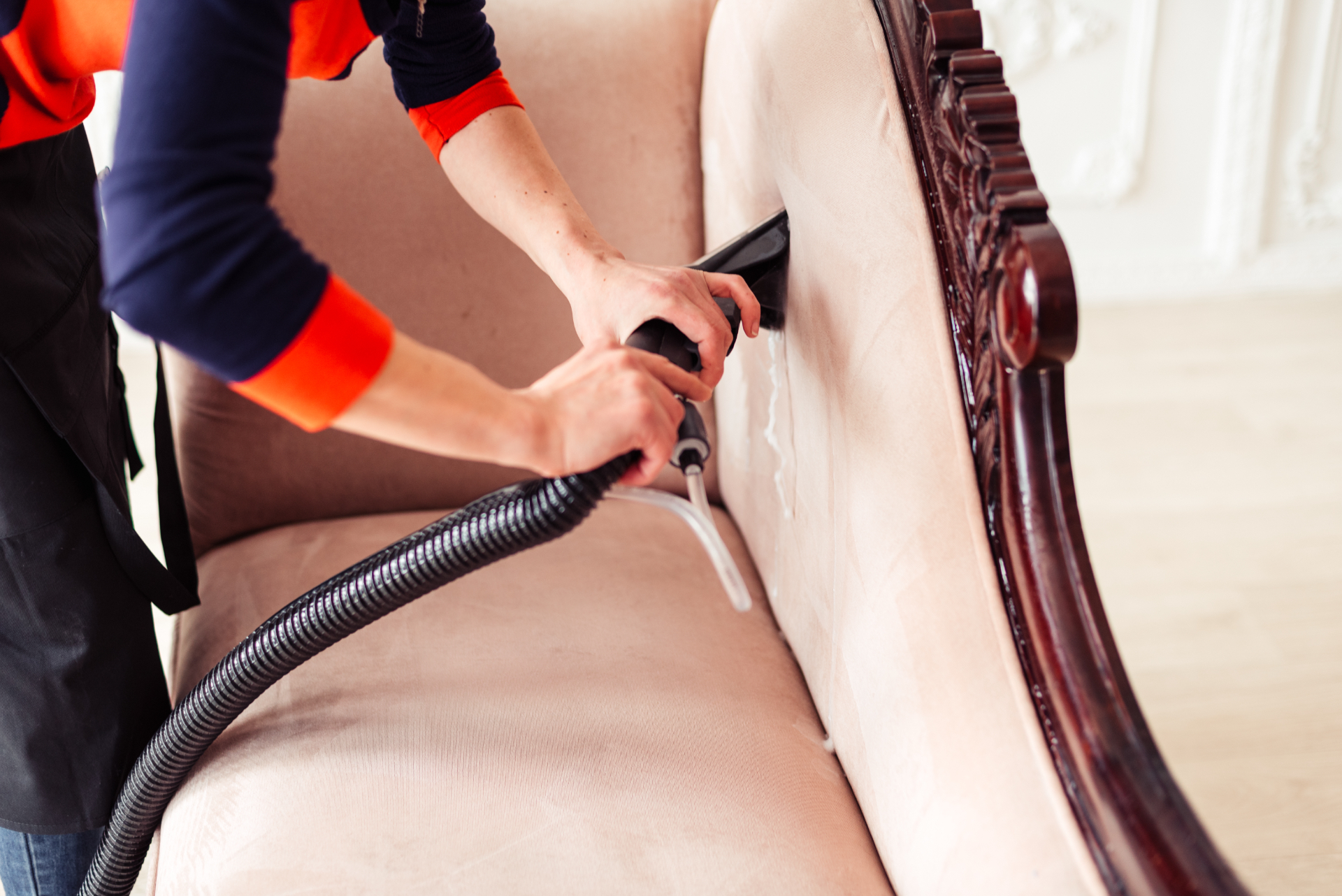Discover who is responsible for end of tenancy cleaning in the UK. Get clarity on tenant obligations, landlord expectations, and how professional standards are maintained.
Cleaning Clauses in Tenancy Agreements
In the UK, the responsibility for who covers end-of-tenancy cleaning typically depends on the terms set out in the tenancy agreement. While there's no blanket law requiring tenants to professionally clean a property before moving out, most tenancy agreements include clauses that specify the condition the property should be left in at the end of the tenancy.
Tenants in the UK are typically required to return the property to the same condition they found it in at the beginning of their tenancy. Although tenants can't be forced to use a professional cleaning service under the Tenant Fees Act 2019, they must ensure the property is cleaned to a comparable standard.
Due to the introduction of the Tenant Fees Act in 2019, landlords and letting agents in the UK can no longer demand that tenants pay for professional cleaning services unless the tenant has agreed to it. Landlords can request that tenants clean the property to a professional standard, but they cannot insist on using a specific cleaning company or deduct costs from the deposit without evidence that the cleaning standard was not met.
Tenancy agreements commonly contain cleaning clauses that specify the areas of the property that need to be cleaned at the end of the tenancy, including windows, bathrooms, carpets and ovens. These clauses are designed to maintain the property's condition and ensure it's prepared for incoming tenants. The tenant’s cleaning obligations are determined by the terms set out in the tenancy agreement.
Tenant Responsibilities Explained
In the UK, tenants have specific responsibilities when it comes to end-of-tenancy cleaning, most of which are outlined in their tenancy agreement. While there is no legal requirement for professional cleaning, tenants are generally expected to return the property to the same condition as they found it, allowing for fair wear and tear.

Tenants must ensure the property is thoroughly cleaned before handing back the keys. This includes vacuuming carpets, wiping down surfaces, cleaning kitchen appliances, scrubbing bathrooms, and removing rubbish. Windows, skirting boards, and behind furniture are often overlooked, but they can also be checked during the final inspection.
If the property was professionally cleaned before you moved in, your tenancy agreement might include a clause asking you to return it to the same condition when you leave.
Thanks to the Tenant Fees Act 2019, landlords and letting agents can’t insist that you pay for a professional cleaning service, but they can expect the property to be cleaned to a professional standard.
If it isn’t, they may deduct cleaning costs from your deposit, but only if they can provide clear evidence, like a check-in and check-out report or photos.
What Landlords Expect at the End of a Tenancy
At the end of a tenancy in the UK, landlords generally have clear and reasonable expectations about how their property should be returned. Firstly, landlords expect the property to be returned to the same condition it was in at the start of the tenancy. Tenants are usually required to clean the property thoroughly, including the carpets, windows, appliances, bathrooms, and communal areas.
If the property was professionally cleaned before the tenancy, landlords often expect it to be cleaned to a similar standard. Landlords also expect any damage caused by the tenant to be repaired. While general wear and tear are accepted, damage such as broken fixtures, holes in walls, or missing items should be addressed by the tenant. Additionally, all personal belongings must be removed, and any rubbish or leftover items should be properly disposed of so that the property is ready for new tenants to move in.
Landlords will typically conduct a final inspection using the original inventory and check-in report as a reference. They can take photographs and notes to compare the property’s condition before and after the tenancy. Any issues that are found during this process may lead to disputes over the return of the deposit, which can be handled through a tenancy deposit protection scheme.
The Role of Letting Agents in Cleaning Standards
Letting agents manage the cleaning standards at the end of a tenancy in the UK. Letting agents act on behalf of landlords and they help ensure the property is returned in an acceptable condition and that the process of ending a tenancy runs smoothly for both parties. One of their main responsibilities is to communicate the expectations around cleanliness clearly to tenants.
At the beginning of the tenancy, letting agents typically schedule a professional cleaning service and create a detailed inventory report that documents the property's condition. This report usually includes photographs and written descriptions of each room to provide a clear record.
At the end of the tenancy, letting agents usually conduct a final inspection to compare the property's current condition with the original check-in report. They evaluate whether the level of cleanliness meets the expected standard and make a note of any areas that require additional cleaning. Although tenants aren't legally obligated to pay for professional cleaning, agents can request that the property be cleaned to a professional standard.

If the cleaning isn't up to standard, letting agents can arrange for additional cleaning services and deduct the cost from the tenant’s deposit, provided they can justify it with clear evidence. They are also responsible for managing any disputes over deposit deductions, often through a government-approved tenancy deposit protection scheme.
Letting agents can also advise tenants on their cleaning responsibilities and offer recommendations for reputable cleaning companies. Their role is to act as an intermediary, ensuring the landlord’s property is protected while treating the tenant fairly and within legal guidelines.
At Anglesey Commercial Cleaning, we’re here to help keep your workspace clean, fresh, and welcoming. Whether it’s an office or an industrial site, our team uses high-quality equipment and trusted cleaning methods to meet all UK health and safety standards. We’ll work with you to create a safer, healthier environment that makes a great impression every time.


